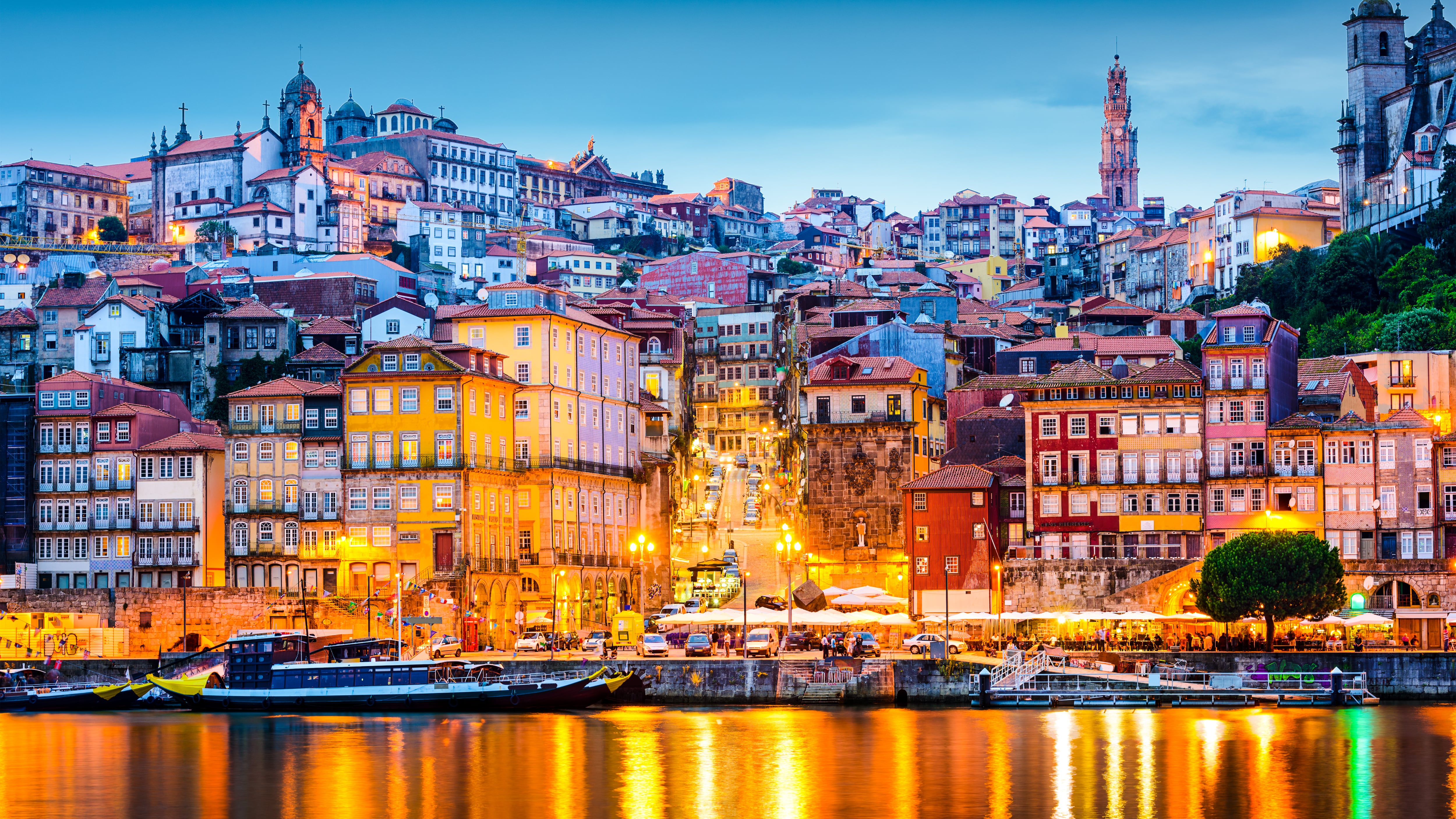During their 2020 campaign, proponents of Measure 110, the referendum that decriminalized small amounts of heroin, cocaine and other drugs, often pointed to Portugal as a success story when it came to ending the long, destructive war on drugs.
Now, many civic leaders in Portugal are having second thoughts, The Washington Post reports.
The writers, Anthony Faiola and Catarina Fernandes Martins, open the story on the streets of Porto, a (really pretty) city of 232,000 in Northwest Portugal. There are 1.7 million people in the Porto metropolitan area (compared with 2.5 million in Portland), making it Portugal’s second-largest city after Lisbon.
“Addiction haunts the recesses of this ancient port city, as people with gaunt, clumsy hands lift crack pipes to lips, syringes to veins,” they write. “Authorities are sealing off warren-like alleyways with iron bars and fencing in parks to halt the spread of encampments. A siege mentality is taking root in nearby enclaves of pricey condos and multimillion-euro homes.”
Sound familiar?
Portugal bucked worldwide trends and decriminalized consumption of all drugs for personal use in 2001, opting for harm reduction and treatment instead. For a while, it worked like a charm, as least by some metrics.
“Within a few years, HIV transmission rates via syringes—one the biggest arguments for decriminalization—had plummeted,” the Post says. “From 2000 to 2008, prison populations fell by 16.5 percent. Overdose rates dropped as public funds flowed from jails to rehabilitation.”
But decriminalization hasn’t been a panacea, and there are signs of trouble, the Post says.
“A newly released national survey suggests the percent of adults who have used illicit drugs increased to 12.8 percent in 2022, up from 7.8 in 2001, though still below European averages,” the paper says. “Portugal’s prevalence of high-risk opioid use is higher than Germany’s, but lower than that of France and Italy.”
And: “Overdose rates have hit 12-year highs and almost doubled in Lisbon from 2019 to 2023,” the Post says. “Sewage samples in Lisbon show cocaine and ketamine detection is now among the highest in Europe, with elevated weekend rates suggesting party-heavy usage. In Porto, the collection of drug-related debris from city streets surged 24 percent between 2021 and 2022, with this year on track to far outpace the last. Crime—including robbery in public spaces—spiked 14 percent from 2021 to 2022, a rise police blame partly on increased drug use.”
Meanwhile, back in Porto:
“Porto’s police have increased patrols to drug-plagued neighborhoods,” the Post writes. “But given existing laws, there’s only so much they can do. On a recent afternoon, an emaciated man in striped pants sleeping in front of a state-funded drug-use center awoke to a patrol of four officers. He sat up, then defiantly began assembling his crack pipe. Officers walked on, shaking their heads.”
In Portland, county officials are trying new approaches of their own.

